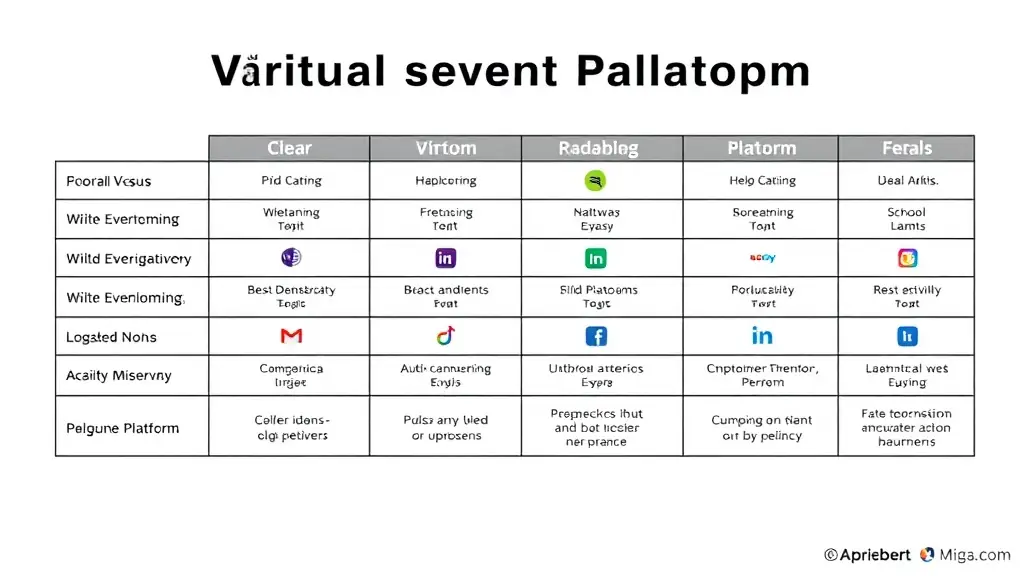As the world continues to adapt to digital interactions, virtual events are becoming increasingly popular. The rise of hybrid events, which combine in-person and virtual elements, is one of the most significant trends. This approach allows for greater flexibility and accessibility, catering to a wider audience. Additionally, advancements in technology are enhancing the overall experience, making it more engaging and interactive for attendees.
Another trend to watch is the focus on personalization in virtual events. Event planners are now leveraging data analytics to tailor experiences to individual preferences, ensuring that attendees feel valued and connected. This shift towards personalized content not only improves engagement but also fosters a sense of community among participants. As a result, attendees are more likely to return for future events, creating a loyal audience base.
Lastly, sustainability is becoming a key consideration in the planning of virtual events. With growing awareness of environmental issues, many organizations are seeking ways to reduce their carbon footprint. Virtual events inherently offer a more sustainable alternative to traditional gatherings, as they eliminate travel and reduce resource consumption. As we move forward, expect to see more event planners prioritizing eco-friendly practices in their virtual offerings.








